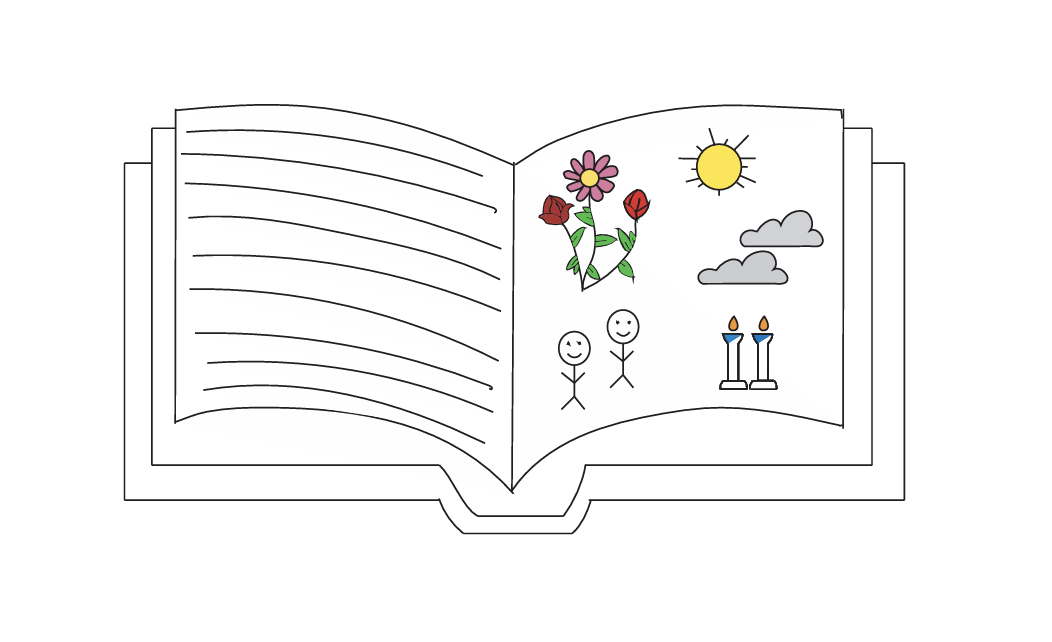In Parshas Ki Teitzei, Deut. 21:18-22, we see the case of a ben sorer umoreh – a son (minor) rebellious toward his parents is stoned. In fact, never in the history of the world has there existed a ben sorer umoreh and never will there be! The Torah speaks of a special case of a rebellious child that is so extreme that we don’t even know how to determine it. The Torah also wants us to have fear and respect for our parents, because we see that if we go too far, as a child or an adult, there is a heavy price. Why does the Torah warn us not to be rebellious as this child, if there never was one and never will be?
This question can be answered by juxtaposing it with another topic in this week’s parsha. Deut. 22:6-7 talks about the specific mitzvah of shiluach hakan, sending away the mother bird when you are going to capture her chicks from their nest (for positive purposes). It would be so emotional and heartbreaking for this mother to see her baby birds be taken away from her that instead, you drive her away first, out of her own respect, just as you wouldn’t want to see your own child get taken away from you.
Shiluach hakan demonstrates respect for parents which aren’t even human, so how much more so should we respect our own parents?! Also, the reward for sending the mother bird away is a prolonged life.
What is the only other case in the entire Torah for which you receive the same reward – a long life? Kibud av v’em, honoring your parents (Exodus 20:12). We see how vital it is to respect our own parents along with even a young bird’s mother. Your life is lengthened for these two types of respect for your parents. What is the consequence of disrespecting your parents to an unimaginable level such as the ben sorer umoreh? Death by stoning!
We can draw a conclusion from these two cases in Parshas Ki Teitzei :the importance of respecting our parents and the dangers of not doing so. Although we will never be stoned since this generally applies to minors and it has never happened, ben sorer umoreh still is important to learn about, so we know the dangers and that we should fear God. We should also learn from the complete contrast in this very parsha – the mitzvah of shiluach hakan — that we should be motivated to respect our parents (and the young bird’s too), because it is the right thing to do and because we will live longer to serve Hashem properly.
Also, it is great if we can all respect and honor, but it is also important to thank our parents for all that they have given us and helped us with, and for the fact that they have not allowed us to become even close to being a ben sorer umoreh! Since the days until Rosh Hashanah are passing rapidly, we must beg on our knees forgiveness from our parents. But while doing so, don’t just apologize, really mean it and thank them for all the good they have done for you. Don’t focus on what you did wrong to them. Obviously apologize, but focus more on the positive and what they have gifted you with
Parshat Ki Tetzei: Honoring Your Parents
By Mati Hurwitz, Torah Editor
August 31, 2012
More to Discover
About the Contributor

Mati Hurwitz, Sports Editor
Mati Hurwitz started writing divrei Torah for The Boiling Point as a freshman and went on to be editor of the Torah section for almost two years before becoming Sports Editor and serving on the Editorial Board as a senior. As Summer Editor-in-Chief in 2014, he oversaw the Boiling Point’s Rockower Award-winning coverage of the Gaza War and was one of the winners himself. Mati loves spending time at his shul and in his community in Valley Village, serving as the gabbai of the Shaarey Zedek Teen Minyan. He plans to attend Yeshivat Har Etzion next year.






